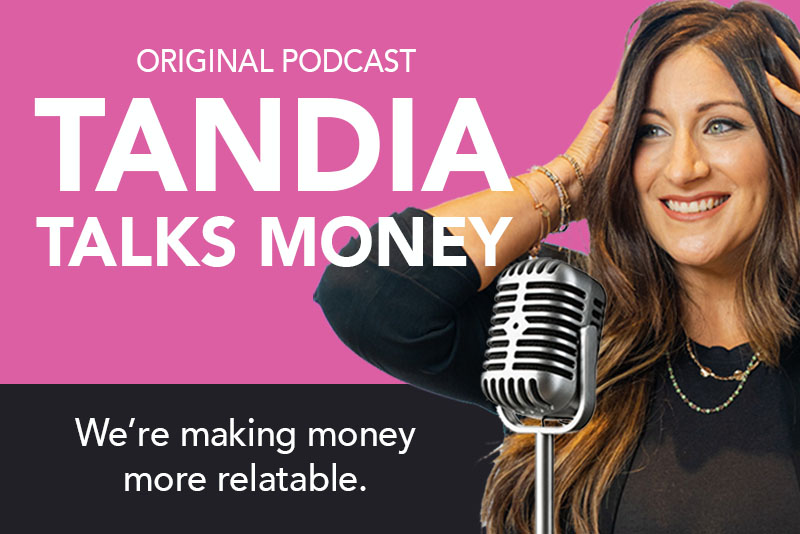INFLATION
The Economy, Inflation and Interest Rates – Oh My!
You don’t need to be an expert to know that the Canadian economy has been unpredictable and has a lot of people on edge right now – but why is that, and what exactly does it mean for you? Well, we are here to help you find out! Think of this article as your own personal cheat sheet to help you better understand some of the terms you’ve heard recently, why this is such a hot topic right now and what impact it may have on you.
Canadian Economics 101 – What has changed recently?
On July 12th 2023, the Bank of Canada raised it’s interest rate to 5%. This is a big deal, economically, because it is the first time since April 2001 that their interest rate has been this high and it marks the 10th rate increase since March 2022.
Who is the Bank of Canada (BOC)?
Well, they are a Crown corporation and Canada’s central bank, overseeing the country’s monetary policy - which includes setting interest rates. That means that when the BOC raises their interest rate, the interest rates at the banks and credit unions you use would show an increase as well since they operate within the same financial system. The BOC’s decision to raise or lower their rate depends on several economic indicators such as employment rates, consumer spending and housing demand. Canada’s economy is currently being described as “overheated” (meaning employment is strong, resulting in continued spending and demand for housing) so the BOC is attempting to cool all of this activity down by raising interest rates.
Okay, then what is inflation?
Just like a helium-filled balloon rises, inflation in economic terms refers to the rising of the average level of prices over time. If you felt like the average price for cereal was lower last year than it is this year, then you are noticing the effects of inflation!
So where does inflation come from? Prices typically go up when the demand for goods and services is more than what the economy can provide. Remember when we said that Canada’s economy is currently “overheated”? Well, all of that purchasing (demand) is driving prices up. And up, and UP! This is a big part of why the BOC is attempting to slow down the economy by increasing their rates. Interesting, right? Hopefully it is all coming together now!
Now down to the important stuff - What does this mean for you?
To recap, interest rate increases from the BOC leads to interest rate increases at your own financial institution – meaning you may be feeling the squeeze as well. In particular, variable rate products (such as a variable loan or mortgage) are tied to your bank or credit union’s prime rate, so changes to those rates means your payments are likely changing as well. And if you are looking to renew a mortgage or investment, you will notice that the rates now are quite different than they were a few years ago (or even a few months ago). Remember those days of 3% mortgages? Well, those are long gone. Economists believe that rate decreases won’t be seen until well into 2024. You’re likely also feeling the effects of inflation at the grocery store and gas station, and, this is all in addition to any changes in your loan payments.
Pat yourself on the back, you’ve made it through this quick lesson in economics! We hope we have provided you with a little more knowledge to assist you in navigating this tricky time with more confidence. And remember, when questions arise about your investments, loans or financial plans, we’ve got your back! There is always someone at Tandia, ready and eager to help you out, so give us a call!







